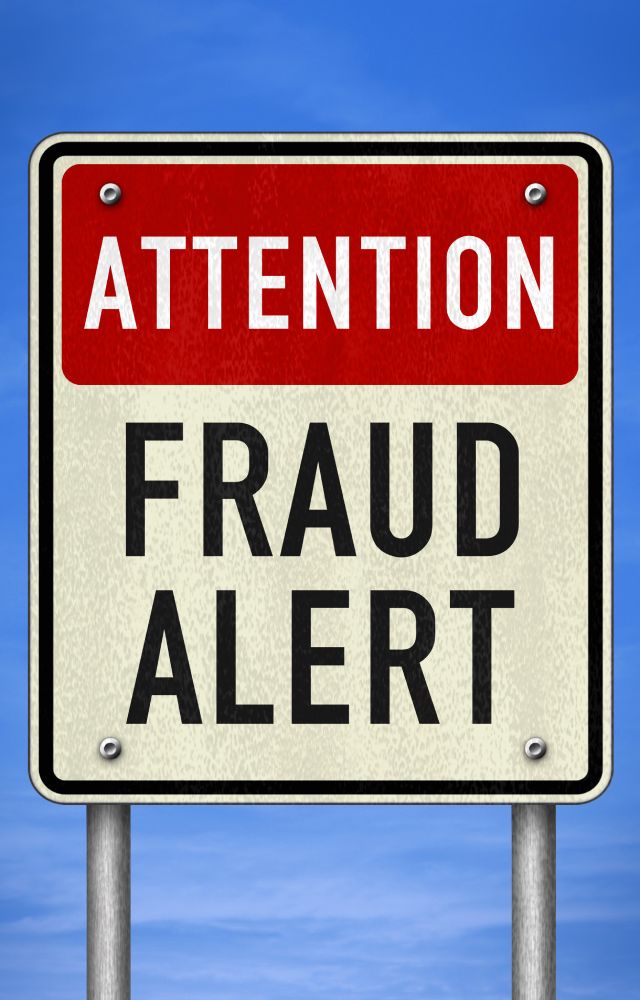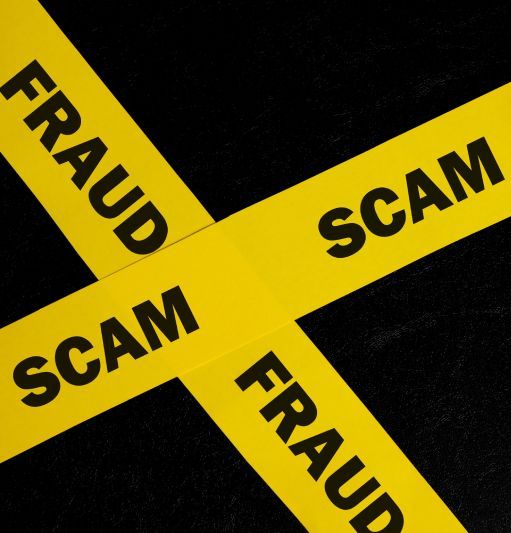Crypto Scam Detection
There are two senses to the phrase “scam detection.” The first is knowing whether or not you’re dealing with bitcoin scams. The other sense is tracking down a suspected crypto scam as the first step towards fund recovery.
What makes crypto scam detection challenging? One reason is the anonymity of cryptocurrencies. When you make a bank transfer or a credit card transaction, you have to have the name and other information of the people you are sending the money to.
That isn’t the case with cryptocurrencies. That’s what makes fund recovery so challenging in these cases. However, if you have experts on your side, crypto recovery can be successful.

Why Are There So Many Bitcoin Scams?
We hear about crypto scams every day in the media. The problem of digital currency fraud is so widespread, we may wonder if crypto is a scam.
Crypto isn’t necessarily fraudulent, but it is associated with the fraud. That’s because scammers like to abuse the anonymity of the blockchain as a way of getting away with stealing money. When people start to suspect they are dealing with a scheme, they may give up hope because they don’t know the name of the people involved with the scheme.
However, what many of these scammers don’t realize is that crypto recovery experts are on their trail. Broker Complaint Registry has the technology and strategies to track down people who steal money on the blockchain. With our experts on your side, you can increase your chances of retrieving your funds.
What Are Some Signs of Crypto Scams?
Crypto scams are all around us, and yet it can be a challenge to distinguish between crypto scams and real cryptocurrency opportunities. The following are some common signs of crypto scams:
- No license
- Aggressive tactics
- No transparency into who runs the company
- No terms and conditions
- Flagged by regulators
- Guaranteed returns
- Many verified negative reviews
- Offers fake bonuses
- Poor website content
- Low-quality trading platform
- Sketchy communication or cuts-off communication
There are other suspicious signs of crypto scams, but these are the most common indicators. We wouldn’t trust any crypto broker that operates without a license. Insisting on a license and checking licensing information are the most important steps you can take to avoid a crypto scam.

What to Do If You’ve Lost Money to a Crypto Scam?
Often people don’t realize they have lost money in a crypto scam until their money is already stolen. That’s why many of these crypto scams try to get victims to act fast. They want you to deposit your money as quickly as possible and they will hold onto it.
The typical way a crypto scam works is it will attract potential targets by offering a deal of a lifetime that will be going quickly unless you invest in it now. They will make false guarantees about the kinds of returns you can expect on your investment.
Never believe any broker who promises you will make a specific amount of returns. This is especially true of speculative assets such as cryptocurrency or forex. There are basically two types of crypto scams–those that act quickly, try to get people to give them a bit of money, and then disappear.
Others play the long game. They try to inspire confidence to persuade the victim to deposit more and more money. The long-game crypto scams may actually return a bit of money to the client to inspire confidence. Not only do they show fake returns through phony trading software, but they’ll let the victim withdraw some money to test if they are legit.
Unfortunately, many people are satisfied by testing the waters, making a modest trade and a small withdrawal. Then, what often happens is the victim will make a huge deposit and entrust the scam broker with larger sums of money. Then they won’t allow a withdrawal. These crypto scams will either tie the victim up with a bonus agreement that they won’t ask for a withdrawal within a certain amount of time or risk losing the extra money.
Often, it’s usually only at this point do many people realize that they have lost money to a crypto scam. Unfortunately, many people simply give up at this point. They may incorrectly believe scam detection and fund recovery isn’t possible. However, this isn’t true–looking at media reports, you can see there are many successful crypto recovery stories.

How Do Fund Recovery Services Practice Scam Detection?
For fund recovery to work. Crypto recovery experts first need to use scam detection technology and methods to locate and uncover the identities of people behind the scams. It’s not really possible to start sleuthing with crypto scams without specialized crypto trace technology.
Broker Complaint Registry used advanced technology that is usually available only to law enforcement. We can trace patterns on the blockchain that can identify certain crypto scammers. Also, tracking down the transactions efficiently leads to places the money was cashed out.
It’s there we can either discover their identities or put the evidence in a crypto report that can lead judges to subpoena crypto exchanges for customer identities. This may take several steps, but crypto trace technology, bitcoin forensics, and crypto reports can make a compelling case that will get law enforcement on your side in your crypto claim.
How to Improve Your Chances of Scam Detection?
If you want to succeed with fund recovery, it’s important to work with experts in scam detection. Going it alone isn’t an option in this high-tech environment. Enlisting the aid of the Broker Complaint Registry is essential to your crypto recovery success. Also, make sure you have your documentation ready to give Broker Complaint Registry a head start on your case.
If You Need Crypto Recovery, Speak to Broker Complaint Registry
If you suspect you are dealing with a crypto scam, request a withdrawal or refund. If you are not given your money back, contact the Broker Complaint Registry right away. We will consult with you, work to track down your funds and create investigative reports, and will assist with fund recovery efforts.

